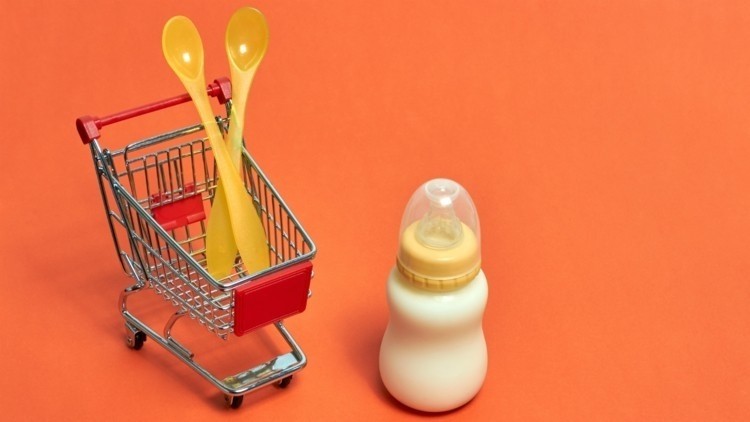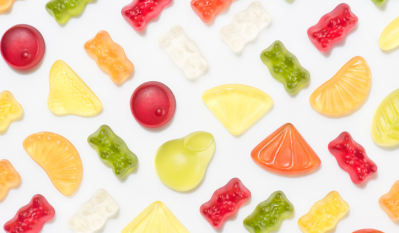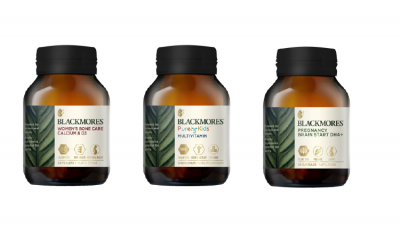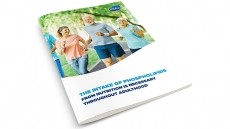Daigou still slow: Infant nutrition brands driving sales at mother-and-baby stores, e-commerce in China

Since the COVID-19 outbreak, there has been significant changes in the way consumers purchase infant formula products.
Pre-COVID, e-commerce was the popular purchase channel of infant formulas in tier one and two cities, while mother-and-baby stores are the go-to in third and fourth tier cities, Michael Norris, research and strategy manager at Agency China told NutraIngredients-Asia.
With the pandemic, the uptake of e-commerce has picked up in the lower tier cities as well.
“One of the interesting impacts from COVID last year was that there's an increasing e-commerce penetration in the category…That’s the trend that is going to continue,” Norris said.
“I think the core competence going forward is indeed strengthen the mother-and- baby stores, complemented by effective local e-commerce operations and effective CBEC operations.”
On the other hand, he took a cautious stance when it comes to the daigou channel, which he believes is unlikely to turn for the better in upcoming months.
“The daigou impairment is ongoing and will last much longer than what companies believe will last,” he said, commenting on the viability of daigou for infant formula brands selling into China, especially brands from Australia.
“There is a disconnect in the COVID-19 situation in Australia and other parts of the world, where international travel is not possible.
“I can’t see much reason for optimism [in daigou retail] in the next six months. This year will look a lot like last year.”
Last week, The a2 Milk Company said its H1 FY2021 revenue went down by 16 per cent to AUD$677.4m, and declining daigou sales was a key contributing factor.
“This was driven by performance through the daigou and CBEC channels being significantly impacted due to disruption resulting primarily from COVID-19 related issues,” the company said.
In contrast, its China label infant nutrition product (zhi chu/至初), sold across 22,000 mother-and-baby stores as well as local e-commerce, registered sales growth of 45.2 per cent, achieving AUD$213.1m.
The strong performance has in turn, offset sluggish sales from the daigou and CBEC channels, the company said.
Similarly, Danone said its infant formula sales in China from CBEC continued to contract sharply by 45 per cent in Q4 FY2020, due to ongoing Hong Kong border closure and travel limitations with mainland China.
Sales of its infant formula within mainland China, on the other hand, bounced back to low-single-digit growth in the quarter, driven by strong performance during Double 11 and popularity of its Aptamil brand.
Multiple challenges
Aside from COVID-19 disruption, international infant formula brands selling in China are now facing tougher competition from stronger local China brands coupled with a shrinking new-born population.
The a2 Milk Company said overall, its volume growth for infant nutrition in China was “broadly flat” last year, due to a lower birth rate, COVID-19, and pantry destocking.
Bloomberg reported last month that the number of registered new-born babies in China had dropped by 15 per cent last year.
Local players, according to The a2 Milk Company, are also gaining market share.
Norris highlighted that Feihe and Junlebao were two of the popular local brands due to their clean safety record.
“What’s pleasing for the foreign brands, whether it is a2 or Danone, is that their particular formulations have gained shares in mother-and-baby stores and via CBEC.
“That shows that with the right set of choices made locally, international players can still hold their own two feet against very competitive, very aggressive local players.
“There is stiffening competition which signals a more even playing field, no longer is the case that local players are at a disadvantage when it comes to safety and quality concerns.
“What will decide the relative success of domestic or international players is going to be their on-the-ground strategy, distribution and product mix,” he said.
















